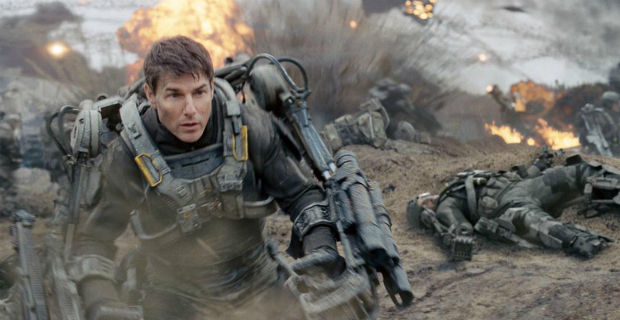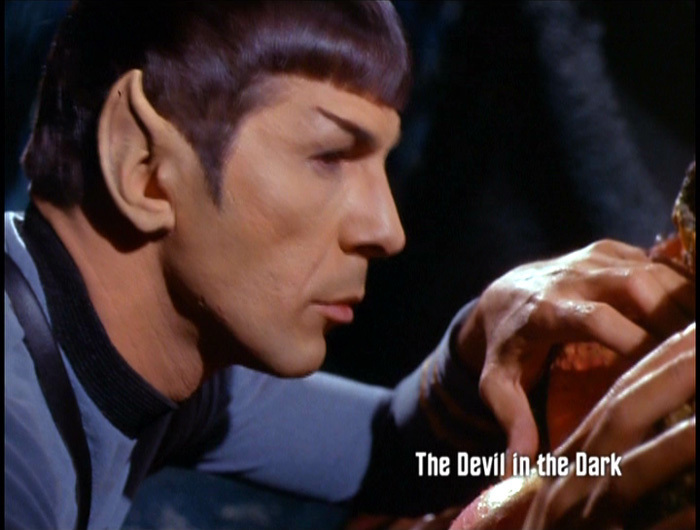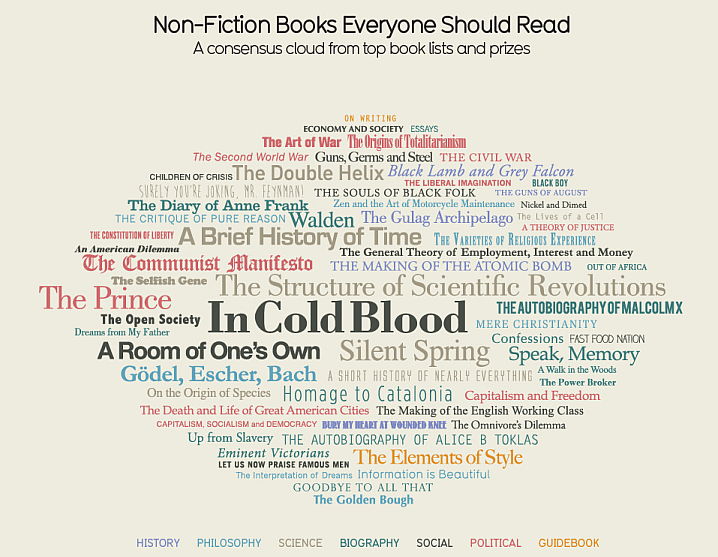BBC - Doctor Who Classic Episode Guide - Galaxy 4 - Details
Season 3, Story 1 (Overall Series Story #18) | Previous - Next | Index
Don't think I'm going out on a limb guessing not many of us have seen "Galaxy 4," either when first broadcast, or its reconstruction. I don't have the special edition of
"The Aztecs" with the official reconstruction on it, and that's probably the form of this I should be writing about. But, for now, I'm using the LC reconstruction in combination with the transcript to cover this story.
Which raises the question: why even? With some of the lost stories, we have reason to believe we're missing something -- think "The Power of the Daleks" -- but, unless I've missed it, I don't think anyone is arguing that "Galaxy 4" does anything special or would illuminate some aspect of the aspect of the series' mythology if it were recovered. Not that its reputation is for being terrible ... here's
Sandifer on it, for instance:
So, to recap, we have a pioneering female producer being replaced with a male producer whose first decision is to sack the female lead for being too uppity. Knowing that, it's really hard to watch this story, in which the matriarchal society of the Drahvin is painted as uncritically and completely evil, without wanting to drink heavily and read feminist literary theory.
Which is the biggest problem with Galaxy 4. It's not that it's bad - it's perfectly watchable. It's just that it feels lazy and sloppy all at once, which is an awkward combination.
Without a compelling reason, why would even a fan of the series seek out the reconstruction or read the transcript and try to imaging what it might have looked like? For me it's like doing the homework. Trying to figure out why the series made such an impression on me as a kid and continues to capture my imagination as an adult means being thorough, because you never know when a line of dialogue is going to make a connection happen, or when a future episode may drop a visual or auditory reference on the sly that you won't notice unless you've heard the sound the Chumblies make. (For instance, Al at
No Complications mentions in his post there's a Drahvin ship in the gathering above the Pandorica.)
There's also the potential you'll be surprised how some neglected scene resonates with you. Here's a bit that lefties might be able chew on ...
STEVEN: Ugh. Does Maaga eat this?
DRAHVIN 1: No! She is our leader.
STEVEN: Well, then I'll have some of what she eats.
DRAHVIN 1: You cannot. It is food for our leaders only.
STEVEN: Well, that hardly seems fair, does it?
DRAHVIN 1: Fair?
STEVEN: Yeah, I mean that, you know, she should have special food, and you have to eat this?
DRAHVIN 1: It is food.
STEVEN: Does Maaga have other special things?
DRAHVIN 1: She is our leader and has leader's things.
STEVEN: What leader's things?
DRAHVIN 1: Her gun.
STEVEN: Her gun?
DRAHVIN 1: Her food. A leader's gun can destroy anything.
STEVEN: What, even the Chumblies?
DRAHVIN 1: Even the machines.
STEVEN: Well, then, you know, surely it would be better if you all had these guns. Well, then you wouldn't have to fear the machines.
DRAHVIN 1: There is only one gun. Maaga has that gun, as she is leader.
STEVEN: You could take it with you when you went on patrol.
DRAHVIN 1: Yes.
STEVEN: Doesn't it seem right that you should?
It's entirely possible I'm going to make too much of this but, eager as I am to talk about fairness when the opportunity arises, this looks like an invitation to do so. Sure, Steven's working an angle and would make this easier if he stuck with the food instead of seizing upon the gun as what the Drahvins should be taking for themselves; but, let's just look at his question in terms of to whom it is addressed: a collection of genetically engineered soldiers used as drones by the Drahvin ruling class. Asking the Drahvins to consider fairness, and whether they deserve it, is a revolutionary act. The Drahvins considering it is also a revolutionary act.
The Drahvin society invented for this story is almost certainly a thrown together bundle of sci-fi tropes and not a sophisticated allegory skewering the patriarchy by inversion, so the dangerous nature of the questions, "Are you treated fairly? Shouldn't you be? What are you going to do about it?" is denatured. When the world we live in is at or approaching historic levels of inequality of wealth and opportunity; hearing those questions posed to a group of exploited women, all other context be damned, ought to make us ask, "Why aren't more contemporary shows slipping these sorts of questions in?"
If "Galaxy 4" leaves one asking for at least that, expecting more family-geared popular entertainment to prompt those sorts of legitimate, vital questions, and -- more importantly, asking them of one another and of our policy makers -- then it's worth the time spent seeking out a way to watch it and worth our time reading and writing about it.
Resources:
http://www.dailymotion.com/video/x18o6kj_doctor-who-3x01-four-hundred-dawns_shortfilms
http://www.chakoteya.net/doctorwho/3-1.htm














